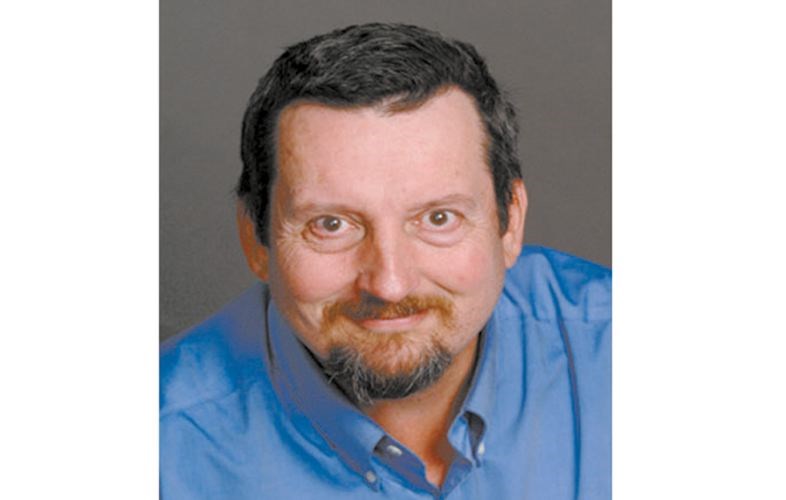This past week, I had a conversation with a colleague about confirmation bias.
This is the tendency we all have to seek information which confirms our beliefs rather than information which disproves them. That is, if we believe that Justin Trudeau is too young or too inexperienced to lead the country then we look for - and find - information that justifies that belief. We also tend to dismiss any information to the contrary.
More importantly, we do not actively seek information that contradicts our position. This is the subtle side of confirmation bias. It is not just that we want to confirm our beliefs, we also don't try to find evidence to contradict them.
This was made apparent in an
on-line article in the New York Times.
The article has a game in it. It is fairly simple. It consists of three boxes with the numbers two, four and eight. It then presents the reader with three more boxes.
The reader fills in numbers in the empty boxes trying to establish the rule for selecting the numbers. The correct answer is that the numbers must occur in an ascending order. That is, 1, 3, 9 or -4, 0, 4.14 would both be correct guesses.
However, what most often occurred is that people assumed the correct answer to be each number is double the previous number. They then check this hypothesis without ever trying to find a counter-example.
In other words, they tried strings such as four, eight, 16 or one, two, four but never just one, two, three. They don't want to hear the answer no. Indeed, it might not occur to them that they should ask a question for which the answer would be no.
In doing this test, the authors found 78 percent of the people attempted a guess at the rule without ever having had an incorrect answer, even though there are no penalties or consequences for guessing wrong.
In other words, they had a gut feeling about what the answer should be and went with it. All of their subsequent guesses were intended to justify their initial guess and not challenge their assumptions.
Only nine percent of people surveyed made three incorrect guesses before trying to state the rule.
In a nutshell, people want to hear what they are doing is right rather than wrong. Yes is a much more pleasant answer than no, even if it makes no difference to the outcome.
As an example, consider a game in which you are to guess a famous politician. You are only allowed to ask yes-or-no questions - similar to the old game 20 Questions.
You might ask the question "Are they male?" as your first question since you know most famous politicians have been male. And in this example the answer you get would be yes.
But asking "Are they female?" would yield exactly the same information. The answer would be no, and therefore the famous politician must be male.
We don't do that because it is more satisfying to be told we are correct than we are wrong, even if the answer to the question yields exactly the same information.
This brings us, by a long route, to politics where confirmation bias dominates.
We all have our biases. I know I have my own.
Most of them center on outright denial of facts.
For example, we are persistently told in any number of venues and fora that the Conservatives are the party best able to handle the budget. My bias is towards objective numbers and so when someone says this, my response is "prove it - show me the numbers."
Of course, numbers don't actually tell the whole story and there is a lot of contra-factual thinking involved. No one can prove, for example, the Liberals or the NDP would have been any better or worse at handling the 2008 economic meltdown because there is no way to go back and do the experiment.
We can't go back in time to 2006 and play the next decade out a second, third, or fourth time with different governments to see which would have produced the best results.
So even looking at the numbers doesn't really tell us whether or not the Conservatives were better, worse or just the same as the other guys.
What we do know, though, is that much of the legislation that protected the country during the economic meltdown came from the previous Liberal government. The Conservatives took credit for the Canadian banking system when they had nothing to do with the way the Canadian banking system was set up.
But that doesn't mean that the Liberals would have been any better at handling the crisis. Nor that they would have been any worse.
Unless you are biased to believe in the Conservatives.



